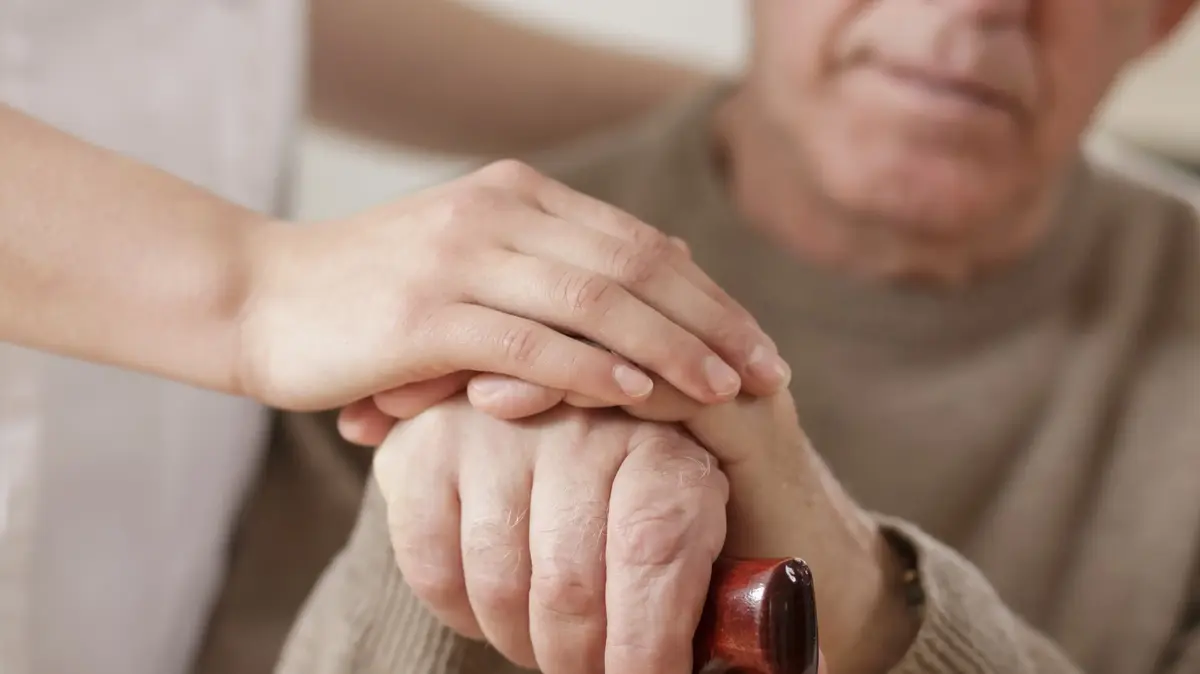- Click to share on Facebook (Opens in a new window)
- Click to share on Twitter (Opens in a new window)
- Click to share on LinkedIn (Opens in a new window)
- Click to email a friend (Opens in a new window)
What we know about hydroxychloroquine against covid-19 2:23
(CNN) - A drug promoted by US President Donald Trump as a "game changer" did not help hospitalized patients with coronavirus and was associated with heart complications, according to a new study.
"This provides evidence that hydroxychloroquine appears to be ineffective in treating patients with covid-19," said Dr. Paul Offit, an infectious disease specialist at Children's Hospital of Philadelphia. "Worse still, there were side effects caused by the drug: cardiac toxicities that required its discontinuation."
Trump has said that hydroxychloroquine shows "tremendous promise" and has made it appear that the drug is harmless.
"I think it will be great," Trump said at a briefing at the White House on March 19.
"What do they have to lose? Take it, ”he said on April 4.
- Chloroquine and hydroxychloroquine: Cardiac risk concerns increase over use for covid-19 treatment
Doctors have warned that while Trump is excited about the drug, it still needs to be studied to see if it works and if it's safe.
"People can claim what they want, but the proof is in the pudding, and this is the pudding," said Offit.
In the French study, doctors reviewed the medical records of 181 covid-19 patients who had pneumonia and needed supplemental oxygen. About half had taken hydroxychloroquine within 48 hours of hospital admission, and the other half had not.
Doctors followed the patients and found that there was no statistically significant difference in the death rates of the two groups, or their chances of being admitted to the intensive care unit.
The study also raised important safety concerns about hydroxychloroquine.
- A heated disagreement about the use of hydroxychloroquine to treat the coronavirus breaks out in the White House
In the study, eight patients who took the drug developed abnormal heart rhythms and had to stop taking it.
Abnormal heart rhythms are a known side effect of hydroxychloroquine, which has been used for decades to treat patients with diseases such as malaria, lupus, and rheumatoid arthritis.
Doctors in Sweden and Brazil have issued warnings about chloroquine, a very similar drug, due to heart problems.
In the new study, among the 84 patients who took hydroxychloroquine, 20.2% either entered the ICU or died within seven days of taking the drug. Among the 97 patients who did not take the drug, 22.1% went to the ICU or died.
The difference was not determined to be statistically different
Observing only the deaths, 2.8% of the patients who took hydroxychloroquine died as well as 4.6% of the patients who did not take it. That difference was also not statistically significant.
"These results do not support the use of [hydroxychloroquine] in patients hospitalized for SARSCoV-2 positive documented hypoxic pneumonia," the study authors wrote.
The study was published Tuesday on medRxiv.org, a preprint server founded by Yale University, BMJ magazine, and Cold Spring Harbor Laboratory. The studies published on this website have not been peer reviewed.
covid-19 hydroxychloroquine









